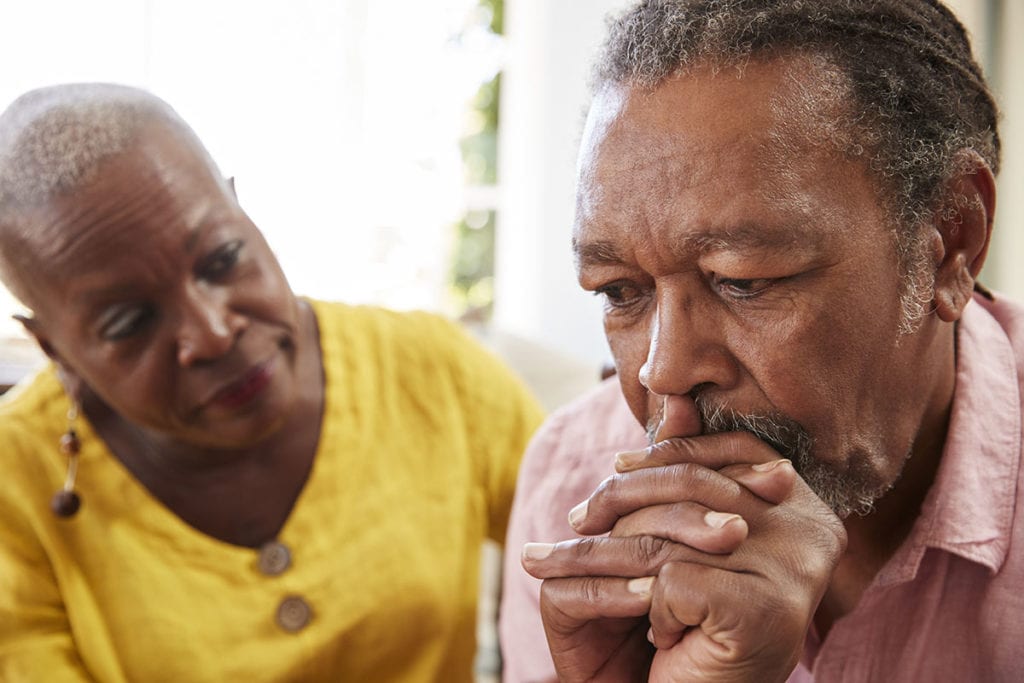Recovery starts with that first step toward getting clean but it is a lifetime endeavor. As with any important undertaking, the support of loved ones can make all the difference when it comes to succeeding. Supporting a loved one in recovery can be frustrating at times but it is worth the effort. Your loved one will be grateful for the effort and you will begin to see how much difference your support can make. Addiction tears relationships apart, but healing can be done. Supporting a loved one in recovery is one of the best ways to help that healing happen. Let’s look at some ways you can be supportive.
Supporting a Loved One in Recovery Means Learning All You Can
Knowing what you are up against allows you the ability to fight that enemy. Learn all you can about addiction and the particular substance involved in your loved one’s case. If they have a dual diagnosis, learn about the mental illness as well. Supporting a loved one in recovery requires that you also be strong. Joining a family support group can help you with both strength and support.
Don’t Keep Bringing Up the Past
Your loved one knows what their addiction has caused. Don’t keep bringing up the things they did when they were actively in the midst of using. Both your viewpoint and theirs is best directed toward today. Over time, the future can be considered more frequently but in the beginning, getting through today successfully may be as much as you or your loved one can handle.
Keep Temptation at Bay
Make sure your home is free of temptation if your loved one is going to be there. Don’t suggest outings to places where there may be a temptation. This can be easier with drugs than with alcohol, as alcohol seems to be prevalent at adult get-togethers. As the years go by, your loved one may be able to handle the temptation and stay clean, but in the early days, you are placing too much stress on them. Keeping any environment your loved one calls home permanently temptation free is a wonderful sign of support and respect.
Don’t Smother
When supporting a loved one in recovery, you may have a strong urge to do everything you can to keep them safe. This is especially true if you are a mother, but anyone is subject to this feeling. You can’t keep your loved one permanently isolated from life. They will face temptation. They will meet triggering people and situations. Your best support will come from helping them learn the types of coping skills they need to help themselves through these times. Show them trust and give them a chance to use their new skills. Just be there in case they need you.
Be Optimistic But Realistic When Supporting a Loved One in Recovery
Encouragement and optimism will be necessary. Showing your faith in them is a great way of supporting a loved one in recovery. The realism comes in with the need to understand this is not going to be a smooth path. There will be good days and bad ones. There may be backsliding. You may end up feeling disappointed, but not nearly as much as your loved one will be disappointed in themselves. Keep optimistic in that if there is a bad period or a back-slide, you can get past in and move forward.
Explore The Ranch PA
The Ranch PA offers an opportunity for supporting a loved one in recovery. Our beautiful campus offers an extensive program for you or your loved one to start the recovery journey. Our family therapy program helps the healing of families that have been torn apart. Contact us 717.969.9126 now to see what we can do to help you make your recovery journey one that offers a great foundation for now and the future.

